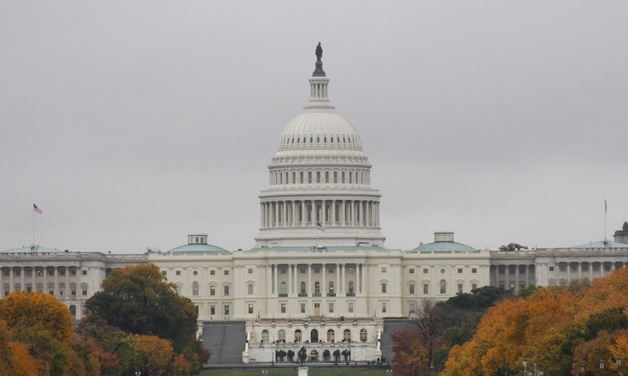
Dateline Capitol Hill
In late June, the U.S. House voted 315-108 to pass H.R. 1960, the fiscal year 2014 National Defense Authorization Act (NDAA). The measure now goes to the Senate for action.
H.R. 1960 provides the budgetary blueprint for the upcoming Department of Defense (DoD) fiscal year, which begins Oct. 1. It also contains policy pronouncements that will guide DoD for next year and, in most cases, for several years to come. H.R. 1960 also seeks to keep our nation’s Armed Forces strong, while making wise choices facing congressionally mandated sequester targets.
The FY 2014 NDAA authorizes:
-
$552.1 billion in spending for national defense;
-
$85.8 billion in spending for Overseas Contingency Operations;
-
$17.8 billion in spending for defense-based programs under the jurisdiction of the Department of Energy; and
-
$7.7 billion for mandatory defense spending.
Highlights of H.R. 1960 include:
-
Automatic 1.8-percent pay increase for all military personnel;
-
Rejection of Obama administration proposals to increase some TRICARE fees or establish new ones;
-
New policies, including modifications to the Uniform Code of Military Justice to combat sexual assault in the military;
-
Restoration of funds for vital readiness accounts, including flying hours, facilities sustainment, ship depot maintenance and stabilization of fuel rates;
-
Prohibition of DoD proposing, planning or initiating another round of base closures or realignments;
-
Prohibition against the transfer of detainees from Guantanamo Bay to the United States;
-
Oversight of various DoD acquisition programs, including the Littoral Combat Ship and the F-35 Joint Strike Fighter;
-
Retention of seven Navy cruisers and two amphibious ships proposed for early retirement, in addition to prohibiting the Navy from retiring certain ships that have more than 10 years of hull life available; and
-
An amendment supported by The American Legion that would direct the DoD Secretary to make service treatment records, personal records, unit records and medical records (service records) of each member of the Armed Forces available to VA in an electronic format. It would also provide post-discharge or release timelines for such availability, and it would further require each service record provided to include a DoD certification of the record’s completeness. This amendment is aimed at reducing the burgeoning VA benefits claims backlog.
Congressional action on the appropriations bills will take place over the next month, prior to the August recess. Final action on the NDAA is not expected to occur in the near future.
- Dispatch

